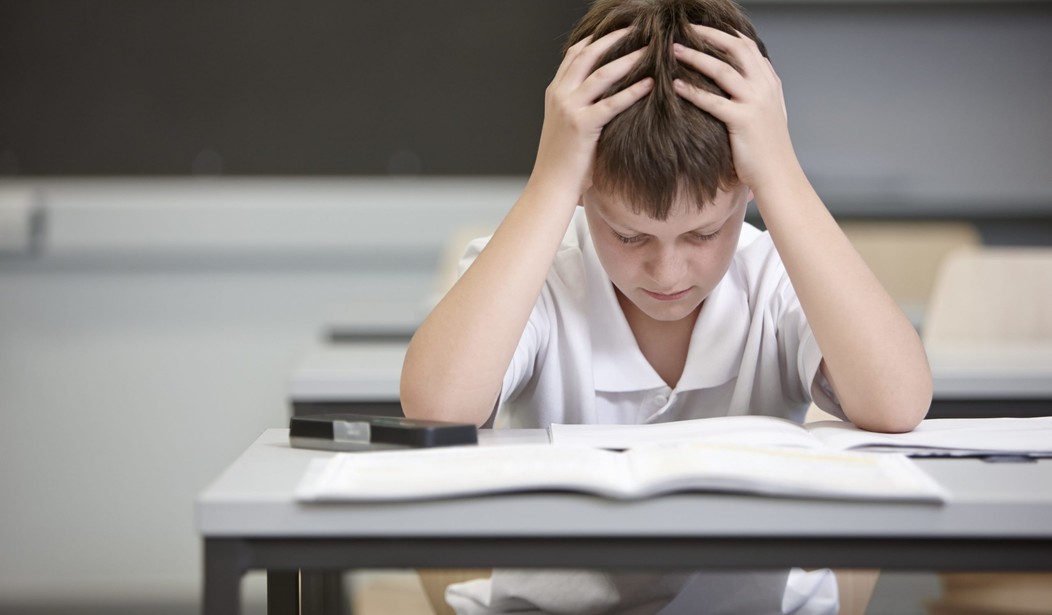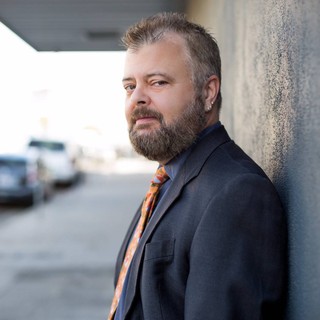There is a lot to digest here, but it is pretty interesting.
Over the past two decades, U.S. parents and teachers have reported epidemic levels of children with trouble focusing, impulsive behavior and so much energy that they are bouncing off walls. Educators, policymakers and scientists have referred to attention-deficit/hyperactivity disorder, or ADHD, as a national crisis and have spent billions of dollars looking into its cause.
They’ve looked at genetics, brain development, exposure to lead, the push for early academics, and many other factors. But what if the answer to at least some cases of ADHD is more obvious?
What if, as a growing number of researchers are proposing, many kids today simply aren’t getting the sleep they need, leading to challenging behaviors that mimic ADHD?
That provocative and controversial theory has been gaining momentum in recent years, with several studies suggesting strong links between ADHD and the length, timing and quality of sleep. In an era in which even toddlers know the words Netflix and Hulu, when demands for perfectionism extend to squirmy preschoolers and many elementary-age students juggle multiple extracurricular activities each day, one question is whether some kids are so stimulated or stressed that they are unable to sleep as much or as well as they should.
This is real “chicken or the egg” territory. In my early forties, I was diagnosed (as inexact as that is) as having ADHD. It explained a LOT of my school years.
I began getting treatment for it right away, and I’ve dealt with three doctors/therapists over the years while doing so. All also immediately asked about sleeplessness, because that is common with people who have ADHD. I was often prescribed something to help with that as well.
What if it is the other way around?
Going a step further, some researchers think ADHD may be another kind of sleep disorder:
Growing evidence suggests that a segment of children with ADHD are misdiagnosed and actually suffer from insufficient sleep, insomnia, obstructed breathing or another known sleep disorder. But the most paradigm-challenging idea may be that ADHD may itself be a sleep disorder. If correct, this idea could fundamentally change the way ADHD is studied and treated.
I do know that I never slept well, even as a little kid. The following didn’t help me, however:
Previous studies have shown that about 75 percent of people with ADHD have sleep disturbances and that the less sleep they get the more severe the symptoms. In one paper, scientists showed that a group of children with nighttime breathing issues who were diagnosed with ADHD no longer met the diagnostic criteria for the disorder after they had their adenoids or tonsils removed to treat the sleep problem.
My tonsils were removed when I was four and I still never slept well.
Not all researchers are sold on the idea though.
William E. Pelham, a longtime ADHD specialist who directs the Center for Children and Families at Florida International University, agrees that some children are misdiagnosed as having ADHD when they actually have a sleep problem. Yet he said he has seen this only in a “handful” of cases out of thousands.
The link, he contends, is overstated and ADHD is a very real and potentially very serious diagnosis. According to the most recent survey by the Centers for Disease Control and Prevention, about 6.4 million children, or one out of every 10 children ages 4 to 17 in the country, have been diagnosed with ADHD, and he believes that the diagnosis is correct in most cases.
While there may be disagreement, my own experiences make me inclined to not quickly discount the new theory. I’ve been dealing with both ADHD symptoms and an inability to sleep for so long that any new approach that might address one and fix the other in the process is — dare I say it — bound to get my attention.










Join the conversation as a VIP Member